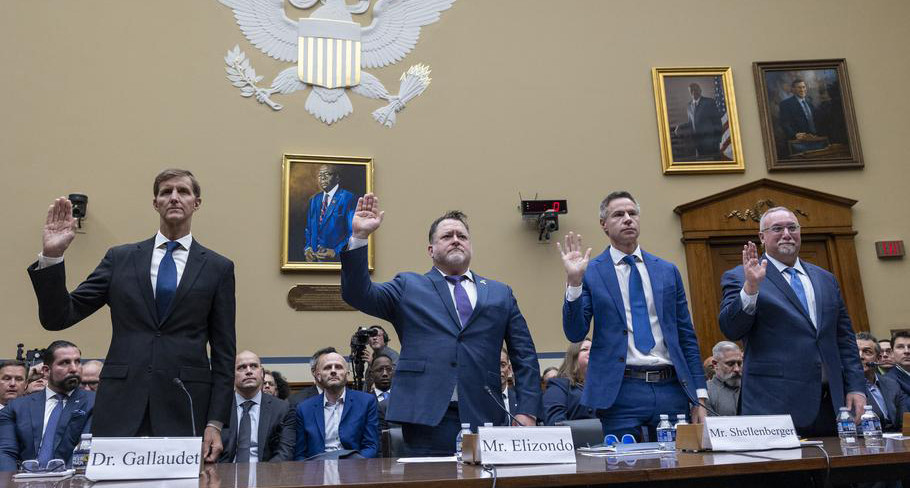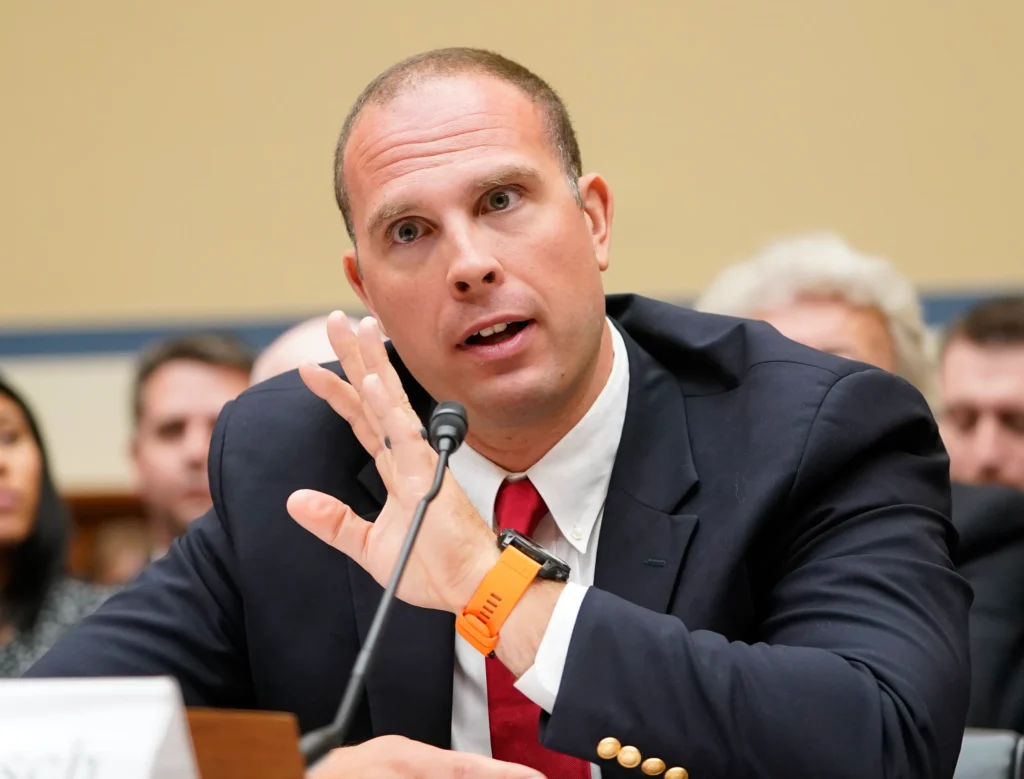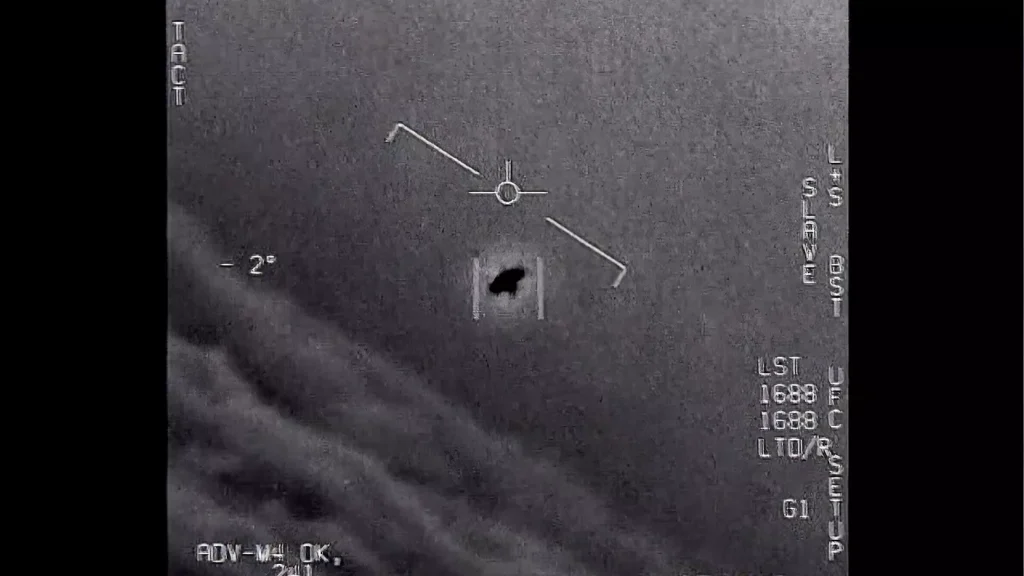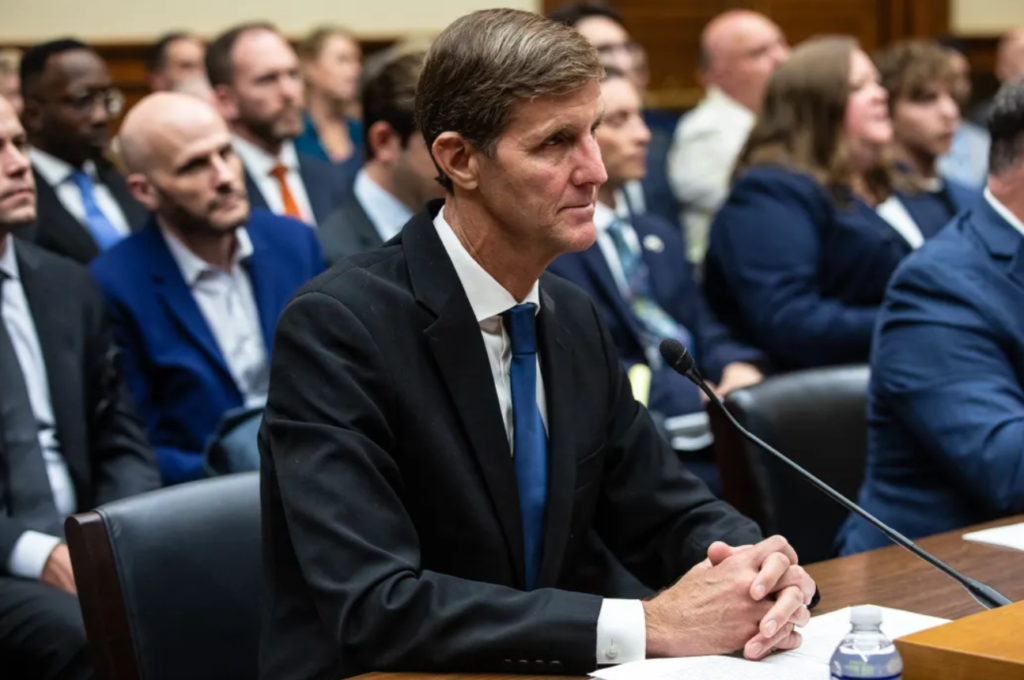By: Isuru Parakrama
November 18, World (LNW): In what should have been a groundbreaking moment in human history, whistleblowers testified before a United States Congress sub-committee regarding the existence of “non-human biologics” associated with Unidentified Anomalous Phenomena (UAPs)—a politically accurate rebranding of the term UFOs.
The testimonies suggested decades of secrecy surrounding extraterrestrial encounters, yet the public reaction was strikingly indifferent.
Why did this mass revelation fail to ignite curiosity or debate, a sharp contrast to the feverish enthusiasm for extraterrestrial life that defined prior decades?
Why did the public’s priorities evolve into a muted response to what was once considered the ultimate mystery?
The congressional hearing presented testimony from former intelligence officials, including David Grusch, who alleged that UAPs of non-human origin had been recovered and studied in secrecy.
Whilst the claims were sensational, the evidence provided was frustratingly thin—offering little beyond anecdotal accounts and classified reports.
The public’s apathy may partly stem from a lack of concrete proof. Without physical artefacts, detailed footage, or scientific analysis, even the most credible whistleblowers struggle to convince a populace inundated with digital manipulation and conspiracy theories.
Unlike the iconic Roswell incident or the grainy UFO photos of the 20th century, these claims lacked a tangible, visceral hook.
Over the decades, humanity’s fascination with extraterrestrial life has evolved alongside advancements in science and technology. In the mid-20th century, UFO sightings captivated audiences largely because they played into Cold War anxieties and the burgeoning Space Age. Films like Close Encounters of the Third Kind and television shows such as The X-Files thrived on this collective intrigue.
However, as science provided clearer perspectives on the vastness of the universe and the unlikelihood of human contact with alien life, the magic of UFO lore began to fade.

In addition, the proliferation of fake news and doctored videos on social media has eroded public trust in extraordinary claims. What was once a thrilling “what if?” has become just another dubious headline in an oversaturated information landscape.
Another key factor is the overwhelming array of real-world crises that dominate public consciousness. Climate change, political instability, economic inequality, and public health emergencies like the Covid-19 pandemic have reshaped global priorities. When the immediate survival of the planet and its inhabitants is at stake, speculations about alien visitors feel like a luxury of a more innocent era.
Moreover, these crises have made people more sceptical of institutions, including governments and the military.
Claims of secret programmes and cover-ups surrounding UAPs now fall into a wider narrative of distrust, blending seamlessly with other conspiracies but failing to stand out.
Paradoxically, the lack of public interest may reflect an underlying shift in collective attitudes towards extraterrestrial life. Recent advancements in astronomy and astrobiology have normalised the idea that microbial life may exist elsewhere in the universe. The James Webb Space Telescope and missions to Mars are actively searching for signs of life, albeit in forms far less dramatic than Hollywood’s imagined aliens.
In this context, the idea of “non-human biologics” no longer feels alien—it feels plausible but unremarkable.
This scientific grounding may have unintentionally demystified the topic, making dramatic claims of alien encounters seem less captivating than they once were.
Another contributor to public disinterest is the fragmented media landscape. In the past, major revelations were filtered through a handful of authoritative channels, giving them weight and urgency.

Today, however, news competes with viral TikToks, streaming content, and an unending barrage of notifications. Even significant events struggle to hold public attention unless packaged as a spectacle.
The UAP hearings, despite their extraordinary implications, were largely procedural and devoid of theatricality. Compared to the daily drama of politics or the sensationalism of celebrity scandals, they felt dry and inaccessible.
Without an emotional or visual element to engage audiences, the revelations failed to capture the imagination.
Beneath the surface, there may also be a deeper psychological factor at play: existential ennui. For decades, humanity has grappled with the implications of being alone in the universe. Yet as scientific progress expands our understanding of existence, it also exposes our insignificance within the cosmos.
For some, the possibility of alien life is no longer a question of excitement but one of existential dread. Rather than igniting hope, such revelations may provoke discomfort about our fragility and the unknown.

In this context, indifference is a coping mechanism—a way to avoid confronting the profound questions these revelations raise.
If humanity is to engage meaningfully with the possibility of extraterrestrial life, better communication strategies are essential. Policymakers and scientists must present these topics in ways that resonate with the public, combining rigorous evidence with accessible narratives.
Incorporating art, storytelling, and education could reignite public interest. Historical milestones, from the moon landing to the discovery of exoplanets, have shown the power of weaving science with human drama.
Future revelations about alien life must strike a similar chord if they are to transcend apathy.

The muted response to congressional UAP revelations reflects a complex interplay of societal factors: a deluge of competing crises, evolving scientific perspectives, and the fragmentation of media. This response also denotes the challenge of making the extraordinary feel urgent in a world accustomed to endless spectacle.
Whether humanity is ready or willing to confront the implications of extraterrestrial life remains an open question. What is clear, however, is that our collective indifference speaks volumes about the priorities and anxieties of our time.
For now, the search for aliens continues—not just amongst the stars, but in the recesses of our own imaginations. The truth is out there, but so are lies.

